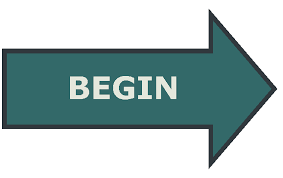记忆方法
为了记忆“begin”这个单词,可以将其分解为“be”和“gin”。将“be”看作是“存在”的意思,而“gin”可以联想到“启动”或“发动”的过程。将这两个部分结合起来,想象为“开始存在”或“启动过程”,这样有助于记住“begin”表示“开始”的含义。
以上内容由AI生成, 仅供参考和借鉴
中文词源
begin 开始
前缀be-, 强调。-gin, 打开。
英语词源
- begin
-
begin: [OE] Begin comes from a prehistoric West Germanic compound verb *biginnan, which also produced German and Dutch beginnen; the origin of the second element, *ginnan, is not known for certain. The form gin was common in the Middle Ages and up until about 1600; this was a shortening, perhaps not so much of begin as of the now obsolete ongin ‘begin’, which was far more widespread than begin in Old English.
- begin (v.)
- Old English beginnan "to begin, attempt, undertake," a rare word beside the more usual form onginnan (class III strong verb; past tense ongann, past participle ongunnen); from bi- (see be-) + West Germanic *ginnan, of obscure meaning and found only in compounds, perhaps "to open, open up" (compare Old High German in-ginnan "to cut open, open up," also "begin, undertake"), with sense evolution from "open" to "begin." Cognates elsewhere in Germanic include Old Frisian biginna "to begin," Middle Dutch beghinnen, Old High German beginnan, German beginnen, Old Frisian bijenna "to begin," Gothic duginnan.
权威例句
- 1. As the domestic market becomes saturated, firms begin to export the product.
- 由于国内市场饱和,各公司开始外销。
- 2. Suddenly all the men pull out pistols and begin blasting away.
- 突然,所有人都拔出手枪,连续射击。
- 3. Begin by planning on three two-hour reviews with four chapters per session.
- 先安排3次温习时间,每次用2个小时复习4个章节。
- 4. You can't begin to imagine how much that saddens me.
- 你都无从想象这让我有多悲伤。
- 5. You can add ingredients to these desserts as they begin to set.
- 这些甜点开始凝固时就可以加入辅料了。
